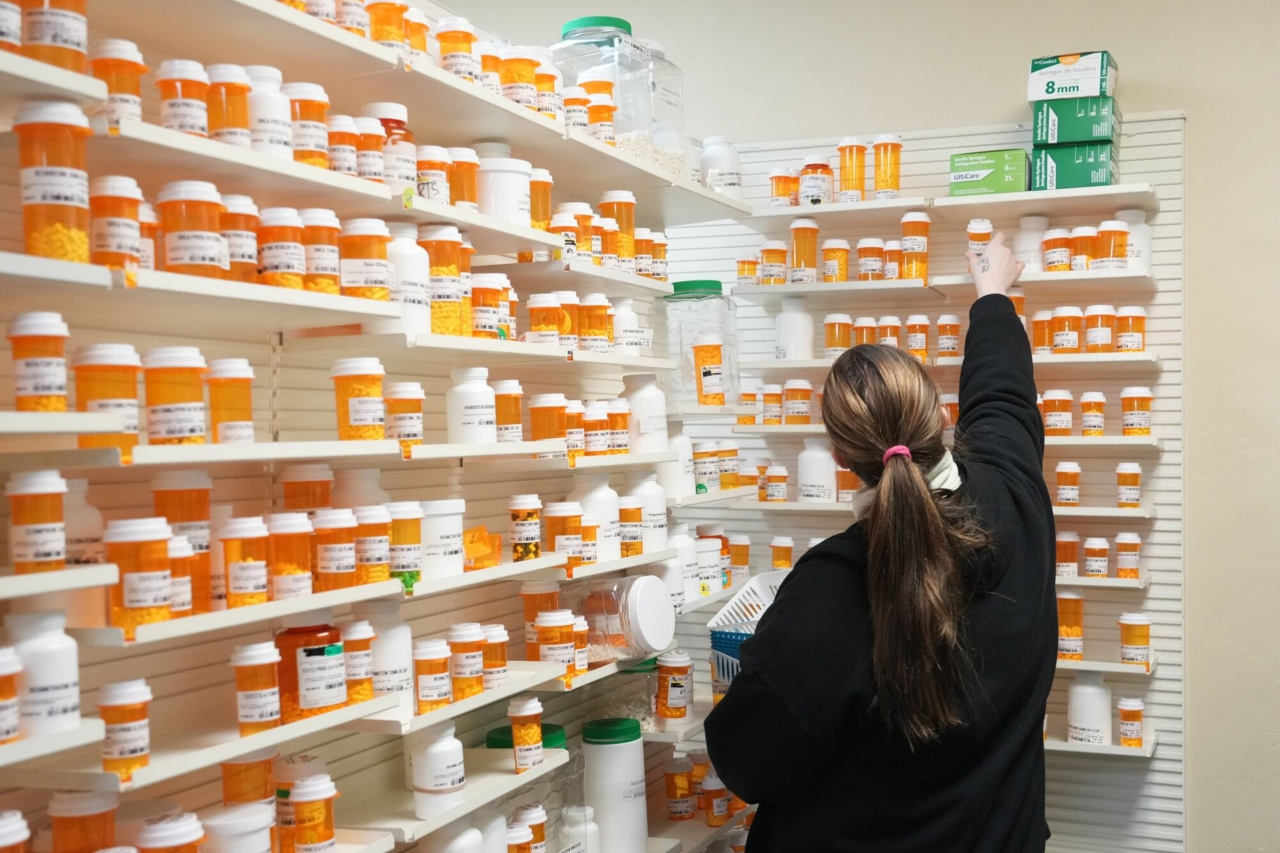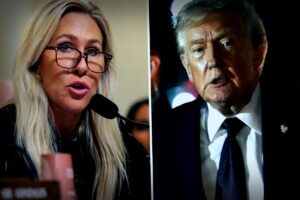
WASHINGTON — On Thursday, President Trump revealed a series of new tariffs, prominently featuring a hefty charge on pharmaceuticals manufactured by companies that haven’t set up shop in the United States.
Trump stated, “Effective October 1, 2025, a complete 100% Tariff will apply to any branded or patented pharmaceutical product, unless that company is actively constructing a pharmaceutical manufacturing plant here in America,” via a post on his social platform, Truth Social, though he skipped over specifics.
Recently, big players like Eli Lilly, AstraZeneca, Roche Holding, and GSK have announced they’ll be investing in U.S. facilities. So far this year, over a dozen drugmakers are on board with plans to pump more than $350 billion into manufacturing, R&D, and other sectors in the U.S. by the decade’s end, according to The Wall Street Journal.
In addition to the pharma tariffs, Trump introduced measures targeting large trucks and household goods, all of which are set to kick in on October 1.
Notably, about 90% of U.S. prescriptions utilize generic drugs, which won’t be impacted by these new tariffs on “branded or patented” products. Earlier this summer, the administration already imposed a 15% tariff on most pharmaceuticals imported from the European Union.
Many pharmaceutical firms have expressed concern regarding these tariffs, especially since a good number of them operate manufacturing facilities in Europe and other locations outside the U.S.
Drugmakers are pushing back against these tariffs, claiming that historically, medications have been exempt. They’ve advocated for tax policies to stimulate U.S. drug production instead. Alex Schriver, a spokesperson for Pharmaceutical Research and Manufacturers of America, remarked, “Most innovative medications prescribed in America are already produced domestically. PhRMA companies are still promising hundreds of billions in new investments within the U.S. … Tariffs jeopardize those commitments because every dollar spent on tariffs translates to a dollar that can’t be invested in American manufacturing or in developing new treatments and cures.”
Trump also specified that heavy trucks imported from abroad will face a 25% tariff, explaining that this step aims to safeguard domestic manufacturers like Peterbilt, Kenworth, and Freightliner from international competition.
Additionally, items like kitchen cabinets and bathroom vanities will incur a 50% tariff, while upholstered furniture will be taxed at 30%. Trump justified these new duties as a response to the overwhelming influx of such products from other nations, calling the practice extremely unfair and emphasizing the need to protect American manufacturing and national security.
This month, the Supreme Court agreed to hear arguments in November concerning the Trump administration’s efforts to uphold these extensive global tariffs, setting the stage for a crucial ruling that could define a key element of the president’s economic plan. Currently, these tariffs are slated to continue until the case is resolved.
For more information, contact Joseph Pisani at joseph.pisani@wsj.com, Peter Loftus at Peter.Loftus@wsj.com, and Liz Essley Whyte at liz.whyte@wsj.com.





















